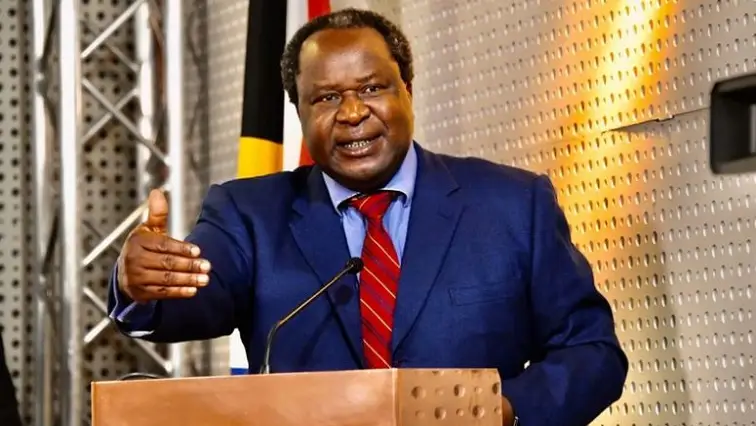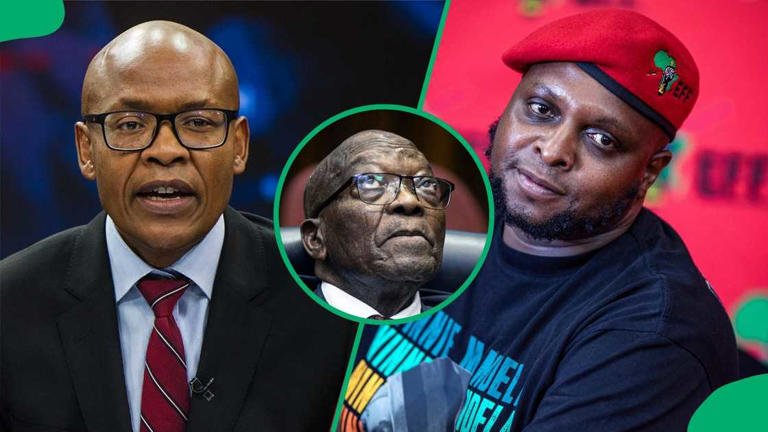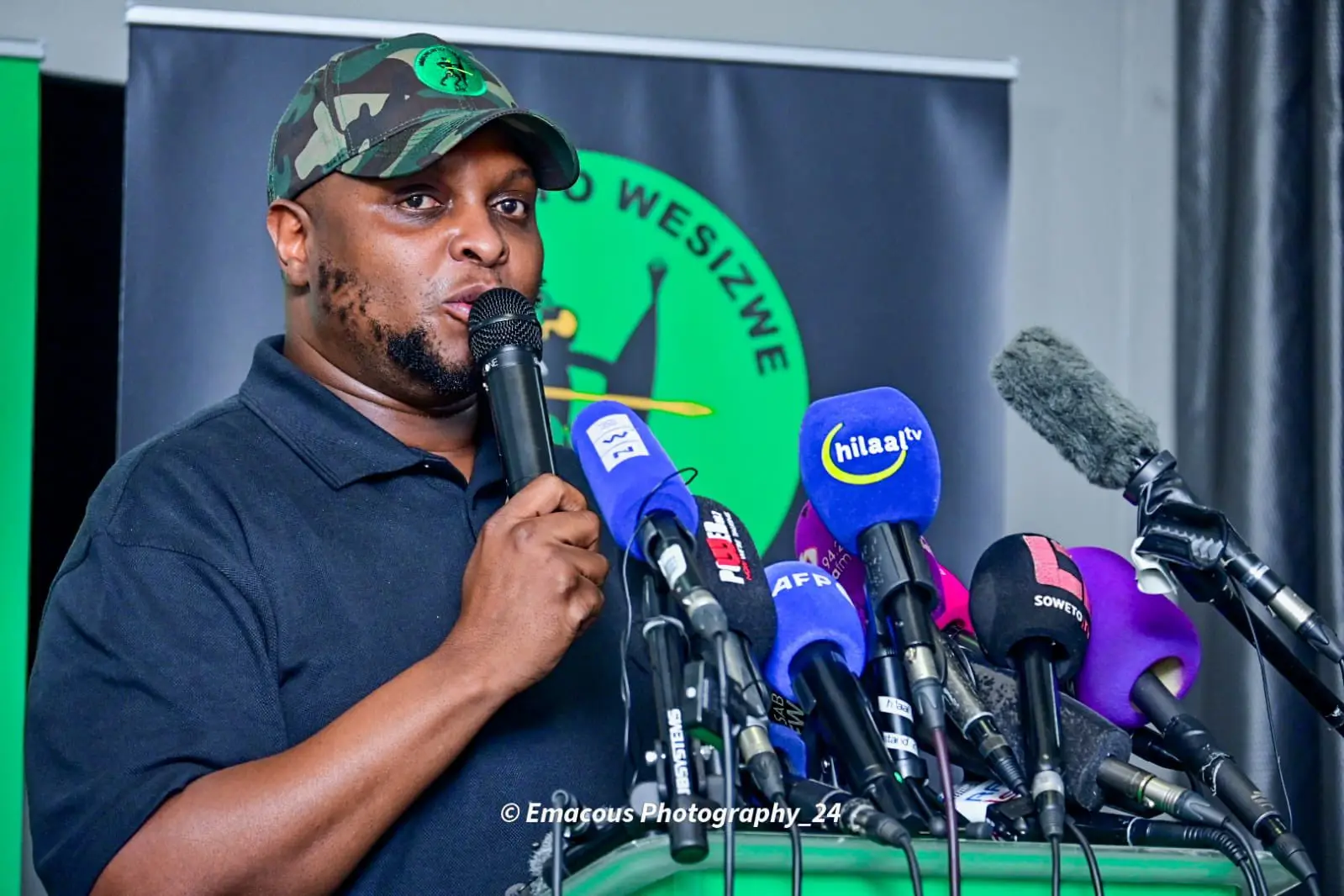In a recent and explosive speech at the Gauteng Provincial Ground Forces Forum, EFF leader Julius Malema launched a searing attack on Floyd Shivambu and other party members, accusing them of betrayal and disloyalty. Malema accused Shivambu, once his closest ally, of abandoning the Economic Freedom Fighters (EFF) for the newly formed MKP, framing this move as a profound betrayal that he could not tolerate.
Malema didn’t stop at Shivambu. He extended his criticism to other EFF leaders who remained silent during this internal crisis. He particularly condemned those whose family members publicly supported Shivambu by liking his tweets, suggesting that this silence and passive support amounted to a betrayal of the EFF. Malema’s anger was further fueled by the fact that he had previously defended these leaders during their darkest hours, including when they were accused of serious crimes like the murder of Godrich Gardee’s daughter and allegations of rape. His frustration was evident as he questioned why these individuals, whom he had staunchly supported, were now unwilling to defend the party.
In a move that further consolidates his power, Malema admitted to systematically dismantling the Office of the Deputy President, which was previously led by Shivambu. By concentrating all power within the Office of the President, Malema has effectively transformed the EFF into a one-center, autocratic party, with himself at the helm. This power shift has significantly reduced the influence of other leaders and cemented Malema’s control over the party’s direction.
Adding to the internal shake-up, Malema has appointed the EFF’s Secretary General as the new Chief Whip of the party, further tightening his grip on the parliamentary wing of the EFF. This move underscores his determination to centralize power and ensure that the party’s parliamentary strategy aligns closely with his vision.
Moreover, Malema arbitrarily replaced Mzwanele Manyi, a former EFF member, with Nazier Paulsen in Parliament and Floyd Shivambu with Sinawo Tambo. This decision, made without clear explanation or consultation, highlights Malema’s increasingly autocratic leadership style. The replacement of Manyi with Paulsen is seen as another step in Malema’s broader strategy to surround himself with loyalists who will not challenge his authority.
Malema’s speech also contained a direct challenge to Mbuyiseni Ndlozi, another prominent EFF figure. He dared Ndlozi and others who were not fully committed to the EFF’s cause to follow Shivambu’s example and leave the party. This challenge underscores the deepening fractures within the EFF and highlights Malema’s resolve to purge the party of any elements he perceives as disloyal or weak.
As the EFF navigates these internal challenges, Malema’s speech may mark a critical turning point in the party’s history. The centralization of power under Malema’s leadership and his uncompromising stance against dissent suggest that the EFF is moving towards a more autocratic structure. Whether this leads to a more unified and disciplined party or further divisions remains to be seen. However, Malema’s actions and words indicate that he is determined to maintain control, even if it means alienating some of his closest allies and reshaping the party’s leadership to his will.






